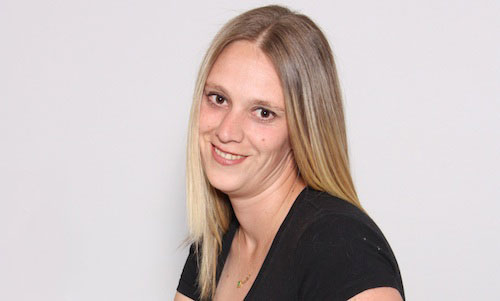
[By Candice Jones]
Last week, the Independent Communications Authority of SA (Icasa) held a workshop to hear the opinions of broadcasters and telecommunications providers on the fate of a chunk of spectrum known as the “digital dividend”.
Spectrum is the lifeblood of both telecoms players and broadcasters and after hearing the arguments at last week’s workshop, it appears that both sectors are set for a battle over who gets what.
For now, broadcasters are using most of the digital dividend spectrum for analogue television broadcasts. When they migrate to digital — optimistically slated for December 2013 — a big chunk of that spectrum will be freed up.
This migration is taking place worldwide. The battle between broadcasters and telecoms operators is not uniquely South African.
To broadcasters and telecommunications providers, the digital dividend is like food to hungry Ethiopians — and everyone wants their slice of the pie.
Though the digital dividend is the largest chunk of spectrum to be made available since television became a household staple, it still represents only crumbs that have to feed a flock of vultures.
I don’t envy the decisions Icasa has to make now, because it will have to ensure that whoever gets access to that spectrum can use it and use it to the benefit of all.
Technically, this spectrum will only become available in a minimum of three years from now. But by starting early with the discussions, Icasa has proved it understands the value of the digital dividend and is taking the first steps in the right direction. That Icasa chairman Stephen Mncube sat through the full two days of discussions shows the authority realises its importance.
Almost all the arguments that came out of the workshop last week pointed to the same conclusion: feed the hungry and leave the fat — those already with spectrum — to chew on what they already have.
Smaller telecoms players are asking Icasa not to allow the incumbent mobile players access to the spectrum, and broadcasters are calling for at least some of it to be kept aside for additional broadcasting services.
Though this argument seems to make sense, there is still a lot to be said for keeping the fat happy and letting them do what they do best.
When migration happens, two basic bits of spectrum will become available. For simplicity sake, lets call them 790MHz-plus and 790MHz-minus.
The International Telecommunication Union has identified 790MHz-plus for mobile broadband and only telecoms players are grappling over who gets access to this chunk of spectrum.
The value of that spectrum is that wireless providers can serve a larger number of people using a smaller number of base stations. The relatively lower frequency also allows deeper penetration of signals into buildings.
Vodacom, Cell C and MTN already have access to frequency in the 900MHz band, and smaller players (and Telkom) argue that they must make do with what they already have.
The spectrum in 790MHz-minus has not been allocated and can be used for both broadcasting and wide broadband coverage. This is where the fight over the scraps between broadcasters and telecoms companies is going to take place.
SA needs more competition in telecoms and there are about 300 licensed providers that could, theoretically, participate. But because SA classified as a developmental state, two criteria have to be adhered to when the spectrum goes to auction. First, the country must create jobs and, second, rural areas must be given coverage and affordable access.
There are very few of the smaller telecoms players that have deep enough pockets to push roll-out in rural areas. The larger players are only now looking at rolling out broadband services to rural areas, by “refarming” their 900MHz GSM spectrum for broadband services. With access to the digital dividend, the large mobile operators can offer next-generation broadband services using technologies like long-term evolution.
That is not to say that there isn’t space for new players, although they will need to prove they have money and the stamina to compete with the incumbents. Fortunately, there appears to be sufficient spectrum in 790MHz-plus space for at least one new player to take a bite at the market.
- Candice Jones is deputy editor of TechCentral
- Subscribe to our free daily newsletter
- Follow us on Twitter or on Facebook

